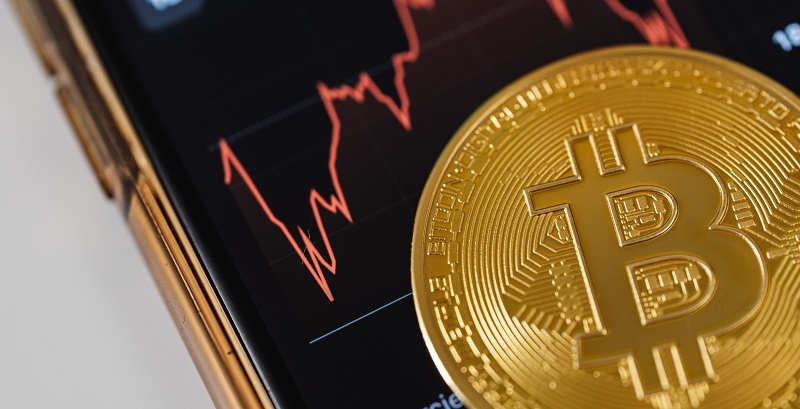World Mobile, which provides sustainable network infrastructure to underserved and rural areas, has unveiled a new token buyback program. The initiative will enable the company’s treasury to purchase its native utility token, World Mobile Token (WMT), from the open market. This program is designed to support the development and expansion of World Mobile’s network infrastructure while acknowledging the valuable contributions made by individuals within the sharing economy.
Details of World Mobile’s token buyback program
The token buyback program is an innovative way to raise funds and promote the development of infrastructure in underserved and rural areas. By purchasing World Mobile Tokens from the open market, the company’s treasury is able to inject capital into the network infrastructure. This provides a sustainable method of funding that allows the company to continue expanding its network and improving its technology.
Acknowledging contributions to the sharing economy
One of the main objectives of the token buyback program is to acknowledge the valuable contributions made by individuals in the sharing economy. For this reason, World Mobile has created a system that rewards those who support the development and adoption of World Mobile’s technological solutions. Participants who have actively supported World Mobile will be eligible to receive rewards through the token buyback program. The program is not just a way to support World Mobile, but also a way to give back to the community. Contributors can be local entrepreneurs, network operators, or anyone who has supported the growth and adoption of World Mobile’s network. The rewards are designed to encourage these individuals to continue supporting World Mobile’s mission of providing connectivity and economic opportunities to underserved communities.
A program fuelled by network operations
The token buyback program is fuelled by the revenue generated from World Mobile’s network operations. As more users join the network, the revenue generated will increase, allowing the company to purchase more tokens from the open market. This creates a sustainable reward system that ensures contributors in the sharing economy receive their deserved benefits.
The importance of the program to World Mobile’s long-term plan
The token buyback program is critical to World Mobile’s long-term vision and strategy. It is a key component of the company’s plan to provide sustainable network infrastructure to underserved and rural areas. By promoting the adoption of World Mobile’s technology and incentivizing contributors in the sharing economy, the network will continue to grow and improve over time.
Empowering users through ownership and control
World Mobile’s token buyback program is not only a way to reward contributors, but also a way to empower users. Users who hold World Mobile Tokens have a stake in the network infrastructure and data. By purchasing tokens through the buyback program, users can gain more ownership and control over the network infrastructure. This creates a sense of community ownership and can help ensure long-term sustainability. The token buyback program is poised to witness an escalation in both value and frequency. As more users join the network and revenue increases, World Mobile will have more capital to inject into the network’s infrastructure. This will create a virtuous cycle of growth and development that benefits all participants in the sharing economy.
World Mobile’s token buyback program is an innovative approach to funding and promoting sustainable network infrastructure in underserved and rural areas. The program acknowledges valuable contributions from individuals within the sharing economy and rewards them accordingly. By empowering users through ownership and control, the program creates a sense of community ownership and promotes long-term sustainability. World Mobile’s vision is to establish a sustainable sharing economy that benefits all participants through the buyback of WMT tokens from the open market. This program is an important step towards achieving this vision and producing additional value for its consumers and sharing economy players.

